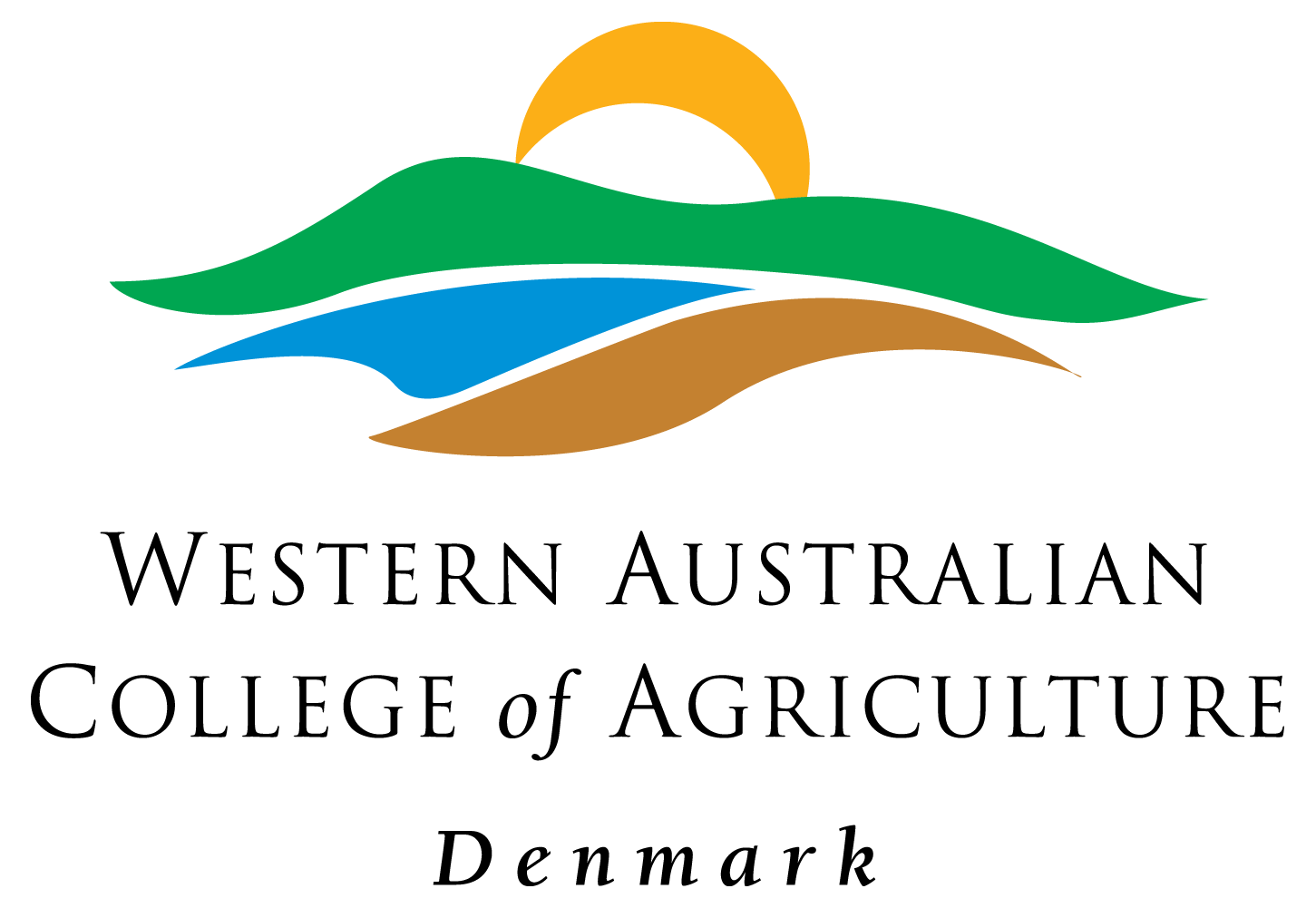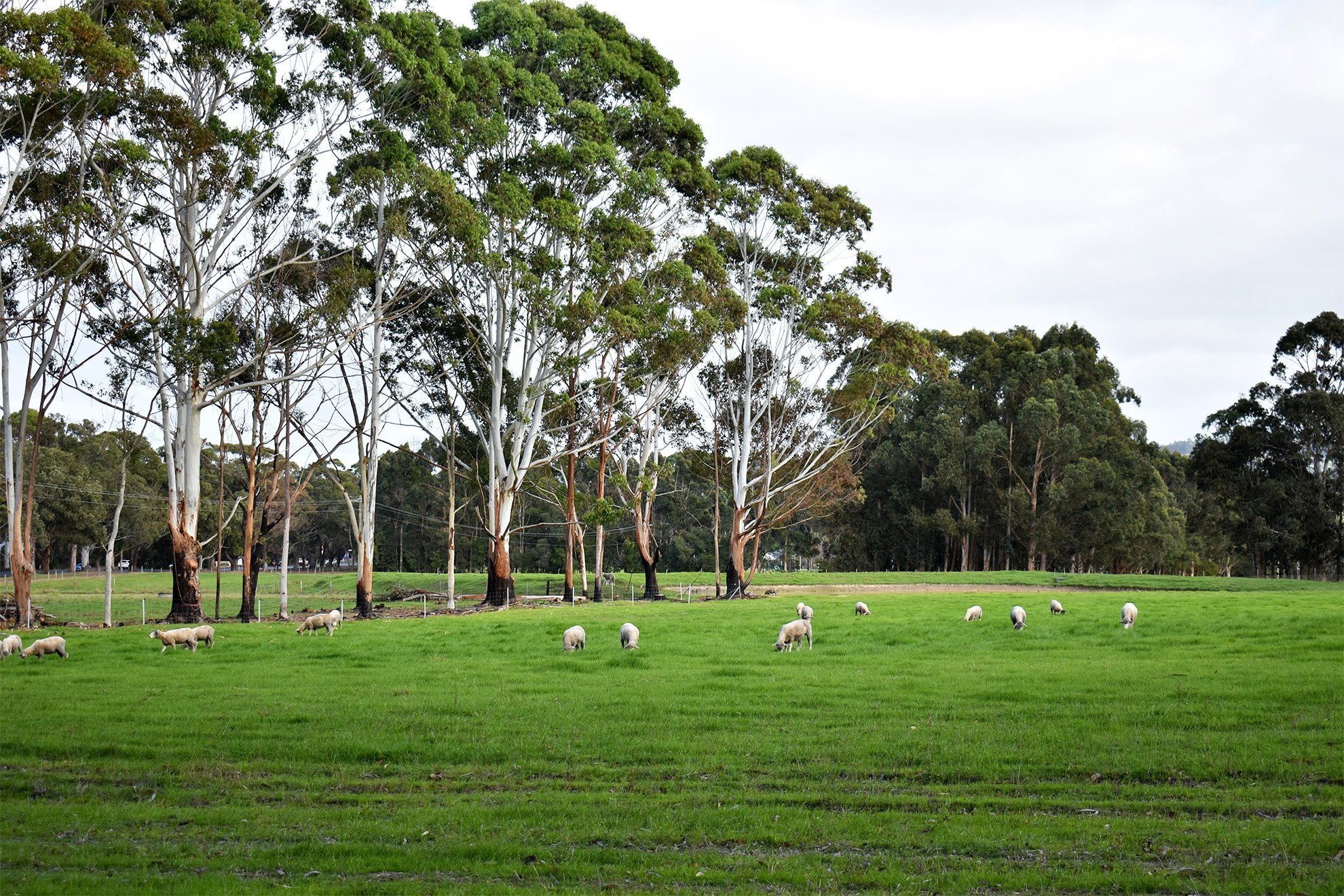Issue 6 2023 - Student Services
Student Services
Brad Woodruff
From our School Nurse – Emma Pascoe
Alcohol and your teenager:
The peak medical organisation in Australia – the National Health and Medical Research Council - recommends that for children and young people under the age of 18, not drinking alcohol is the safest option. Young people’s developing brains can be damaged through consumption of alcohol so avoiding alcohol altogether is important. Drinking is associated with poor decision-making, loss of control and risky behaviour such as unsafe or unwanted sex, injury, violence, car crashes and other undesirable outcomes which may last a lifetime.
For more information on guidelines for reducing risk to those under 18 years of age, visit http://alcoholthinkagain.com.au/
What can parents do?
Supervision is one of the most important things parents can do. Know where your young person is going and what she/he is doing. Parents are legally responsible for their teenage children.
· Talk to your teenager about alcohol, drinking and your expectations of his/her behaviour.
· Ensure young people are supervised by a responsible adult at all gatherings.
· Drink safely and moderately – your actions speak loudly to your children.
· Don’t buy alcohol for your son or daughter and ensure other parents know your thoughts about alcohol for your child.
· Talk to other parents about these issues and form a united front.
Remember, it is an offence for anyone to supply under 18's with alcohol in a private setting without parental or guardian permission. This offence carries a maximum penalty of $10,000.
More information is available:
· Drug and Alcohol Office http://www.dao.health.wa.gov.au/
· Alcohol Think Again campaign http://alcoholthinkagain.com.au
· Reachout.com https://parents.au.reachout.com
· Our school’s local Community Health Nurse, Emma Blackwell
Appointments with Emma
Emma attends the College on Thursday mornings. Bookings can be made by calling the Program Coordinator of Student Services - 98480275, School Administration – 98480200 or students can seek out a member of the Student Services team.
R U OK? Day
The College celebrated R U OK? Day on 14th September. R U OK? Day is a public health promotion charity that encourages people to stay connected and have conversations that can help others through difficult times in their lives. The aim of the day for our students was to build their motivation, confidence and skills as the help-giver. The person who can have a meaningful conversation with someone who is struggling with life.
R U OK? contributes to suicide prevention efforts by encouraging people to invest more time in their personal relationships and building the capacity of informal support networks - friends, family and colleagues - to be alert to those around them, have a conversation if they identify signs of distress or difficulty, and connect someone to appropriate support, long before they're in crisis.
Student Leaders presented a powerpoint.
At the College, members of the Student Leadership Group visited classes to take students through the signs that someone might be struggling and the four steps of an R U OK? conversation. Speaking in public is a daunting task for most people. Our student leaders did a wonderful job, having a big impact on their peers.
Smoothies for breakfast
Dietitians Australia say “A nutritious diet is not just good for your body. It is good for your brain and mental health too." A healthy diet is linked with better stress management, concentration and improved mental health. How food and mood are related is a two-way street. What you eat can affect your mood, but your mood also influences what you choose to eat. You’re more likely to make positive food choices when you’re in a good headspace.
As a way to promote the link between diet and mental health, Year 12 Prefect, Charlotte Brown coordinated a healthy option of smoothies for breakfast.
Transition Out – for Year 12 students – Week 1 Term 4.
Transition Out is a program that came about after Student Services staff spoke with past Year 12 students on their thoughts on leaving school and the associated challenges and changes they were facing. They cited several concerns including:
Budgeting and financial worries.
Accessing government grants and allowances.
Shared housing and renting properties.
Meal planning and preparation.
How to apply to TAFE.
College staff, government agencies and local community members will be delivering the following sessions:
Food Sensations® for Schools - a practical nutrition education and cooking initiative - Donna Edmondson and Nina Murray (Health Department)
Money Matters – accessing government study assistance, budgeting – Drew Milne, Residential Supervisor.
Accessing online government services – Petra Thompson – Denmark CRC.
Travelling overseas – Bree Crockett – School Psychologist.
Q and A on Health – Emma Pascoe – School Nurse.
Renting – Heather O’Donnell – Director, Ray White Denmark.
RU Legal? – Legal Aid WA - community legal education session about the criminal justice system and laws most relevant to our students.
Brad Woodruff
Program Coordinator - Student Services
WACOA – Denmark




